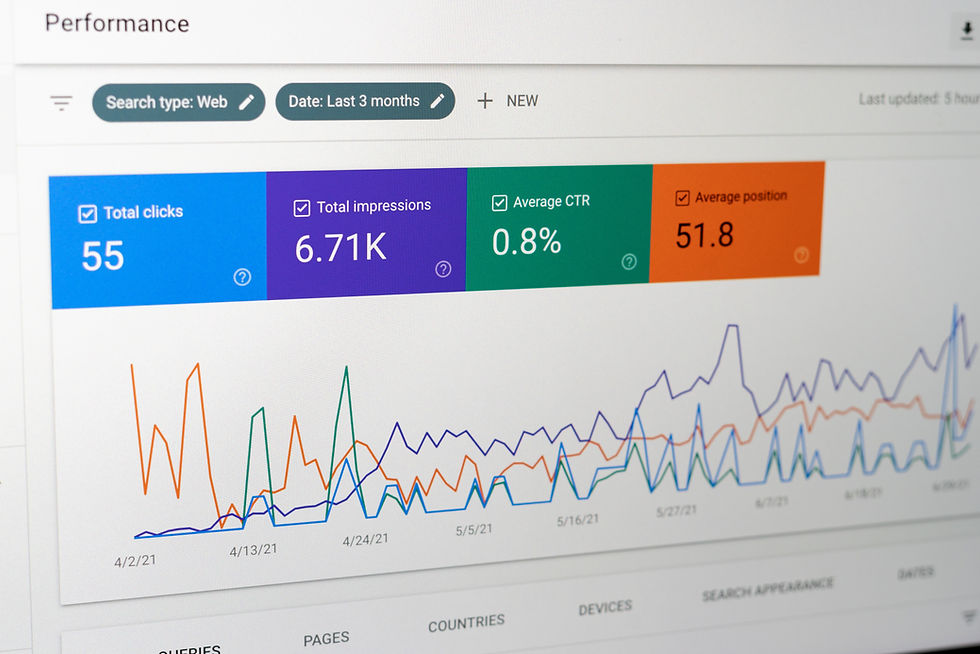Can a Dental AI Receptionist Actually Book New Patients? A Real-World Test
- Maxillo Team
- Aug 7, 2025
- 3 min read
Updated: Aug 11, 2025
Every dentist knows that new patient calls are golden opportunities, and that missed calls often mean missed revenue. But with staff stretched thin and phone lines ringing off the hook, it’s hard to answer every call, let alone convert every inquiry into a booked appointment. Not to mention days when you are regularly not in the office.

That’s where dental AI receptionists come in. These virtual assistants answer phones 24/7, schedule appointments based on your rules, and help streamline front office operations. But do they really work in the real world? Can they book new patients reliably and follow the nuances of your office schedule?
We ran a real-world test. And we have the recording to prove it.
A Real Call from a Real Patient
Listen to this recording of an actual new patient calling into a dental office equipped with an AI receptionist:
In this call, the AI assistant greets the patient, confirms they are a new patient, gathers a few details about the patient, offers available times, and books the appointment directly into the practice management software. The patient never suspects they're talking to AI.
Here’s What Happened During the Call
The call was answered on the first ring
The patient was greeted by a friendly voice and asked if they were a new or returning patient
The AI collected the reason for the visit: establishing care
Based on the office’s pre-set scheduling rules, the AI offered two available slots
The patient selected one, and it was booked directly into the calendar
No human ever picked up the phone, yet a new patient was successfully captured and scheduled.
The Tech Behind It: How AI Receptionists Work
Dental AI receptionists use advanced voice AI and natural language processing (NLP) to hold lifelike conversations. Tools like Asha Health, FrontDesk AI, and others are designed specifically for dental workflows.
These systems integrate with major PMS platforms like Dentrix, Eaglesoft, and Open Dental. Once connected, they can:
Access available appointment times in real time
Follow block scheduling rules for hygiene vs. doctor time
Adhere to patient types (new vs. returning)
Answer questions about insurance, services, hours, and location
Handle overflow calls, after-hours calls, and even bilingual calls
The Proof Is in the Numbers
Recent data shows that practices using AI receptionists see tangible results:
Practices report a 95% call answer rate and a 40% increase in booked appointments [1]
One practice reduced missed calls by 87%, leading to a 32% rise in bookings [3]
AI solutions help offices increase revenue by as much as 12% through better scheduling and patient retention [3]
Dental practices can recover $100,000 or more in missed annual revenue by recapturing lost calls [4]
These aren’t projections. They’re real numbers from real practices.
But Can They Follow Your Rules?
Yes. Every dental AI receptionist is onboarded with a practice-specific ruleset. This includes:
Appointment types and duration
New vs. returning patient rules
Provider preferences and operatory availability
Block scheduling for hygiene vs. doctor time
Insurance participation rules
Once configured, the AI uses this logic to make smart booking decisions, just like a trained team member.
There is always an initial onboarding session to gather these rules, and most systems allow for updates at any time.
Bottom Line: Dental AI Receptionists Are Booking Real Patients
If you’ve been skeptical, the proof is here. AI dental receptionists aren’t theoretical anymore. They’re live in practices across the country, booking real patients, keeping schedules full, and easing the burden on overworked teams.
Listen to the call yourself. Then imagine how many new patients you’re missing every week simply because no one could get to the phone.
Want to Learn More?
Schedule your own live demo to better understand if a dental AI receptionist is a good fit for your office.
Sources:



Comments